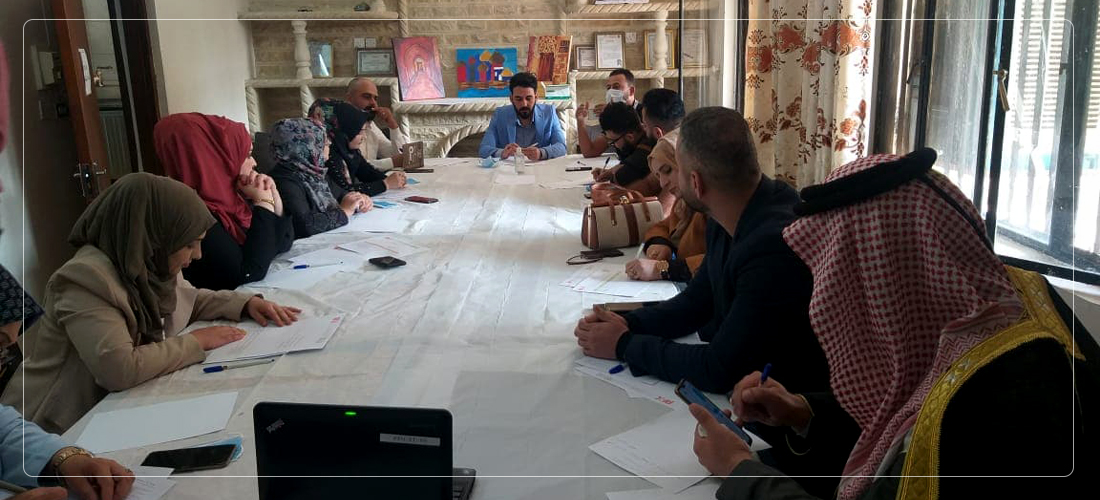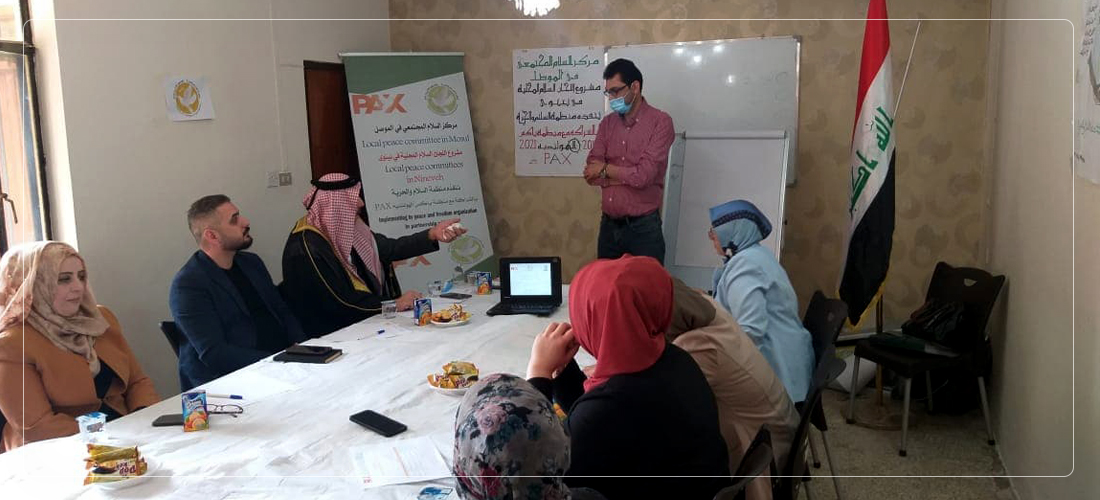
Within the project (Local Peace Committees in Nineveh), in par tnership with partner local organizations (Peace, Freedom & Masella), for the joint national human rights advocacy campaign to support and participate in the issue of (women decision makers).
A discussion session with activists, human rights defenders, media professionals, volunteer teams, and community leaders in Mosul, to discuss the reality and the most prominent challenges around the issue of women holding governmental and social decision-making positions.
It turns out that these reasons are political quotas and power-sharing between large parties, and also there are challenges, most notably tribal customs and traditions, because society does not accept that women assume decision-making positions because of their affection and their inability to fight the corrupt before the law because the society's view is male.
But there are women who are able to assume governmental and social tasks and responsibilities, but educating the community and accepting the other and not giving an opportunity for the disgusting quota in front of the parties, this is the most important thing that came from the recommendations of the participants, and fair application of the law from the executive side as in the legislative authority. Women represent 25% and there are those who chair the committees Parliament in the Iraqi parliament.
Hence, this campaign was launched to build alliances with all relevant parties, including local and international civil society organizations, the United Nations Organization for Women, the Office of the UNAMI mission, national institutions, unions, local government, the High Commission for Human Rights ... etc.




